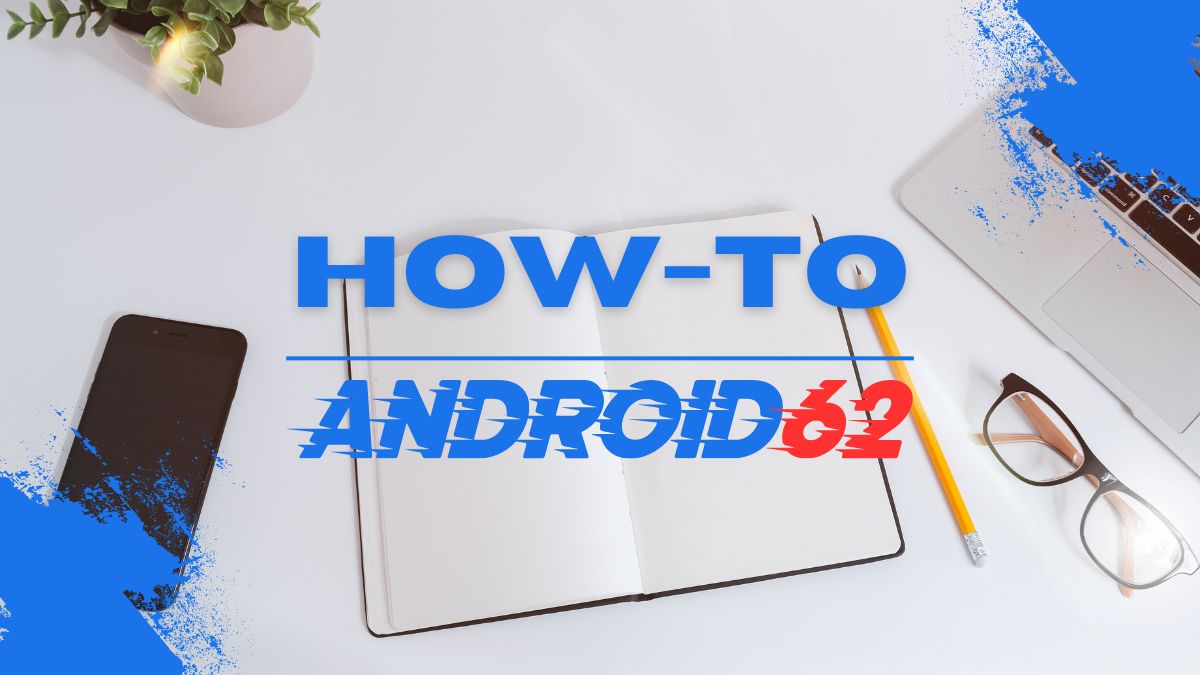
Introduction
Greece is a country known for its rich history, beautiful landscapes, and welcoming culture. One of the essential aspects of Greek culture is the emphasis on gratitude and appreciation. Saying thank you in Greek is a vital part of social interactions and is seen as a way to show respect and acknowledgment towards others. In this article, we will explore the various ways to express gratitude in Greek, from basic phrases to cultural nuances.
Basic Ways To Say Thank You In Greek
Expressing gratitude in Greek can be done in several ways, depending on the formality of the situation and the relationship between the individuals. Here are some basic phrases to say thank you in Greek:
– **”Ευχαριστώ” (Efcharisto)**: This is the most common way to say thank you in Greek. It is suitable for both formal and informal situations.
– **”Ευχαριστώ πολύ” (Efcharisto poli)**: This phrase means “thank you very much” and is used to express deeper appreciation.
– **”Σας ευχαριστώ” (Sas efcharisto)**: This is a more formal way to say thank you, used when addressing someone with respect.
Other Ways To Show Gratitude In Greek
Apart from using basic phrases, there are other ways to express gratitude in Greek that can enhance the sincerity of your appreciation. Here are some additional ways to say thank you in Greek:
– **Smile and nod**: In Greek culture, nonverbal cues such as smiling and nodding are often used to show gratitude and appreciation.
– **Offer a small gift**: Giving a small gift, such as flowers or a token of appreciation, is a common way to express gratitude in Greece.
– **Write a thank you note**: Sending a handwritten note expressing your gratitude can make the gesture more personal and heartfelt.
Using Thank You In Different Situations
In Greek culture, the way you say thank you can vary depending on the context and the relationship with the person you are thanking. Here are some tips on using thank you in different situations:
– **Formal settings**: In formal settings, such as business meetings or professional interactions, it is appropriate to use the more formal phrase “Σας ευχαριστώ” (Sas efcharisto).
– **Informal settings**: In casual or social situations, you can use the simple phrase “Ευχαριστώ” (Efcharisto) to express gratitude.
– **With family and friends**: When expressing thanks to family and friends, you can use a more relaxed and informal tone to show familiarity and closeness.
Cultural Nuances In Saying Thank You In Greek
Greek culture places a strong emphasis on hospitality, warmth, and respect towards others. When saying thank you in Greek, it is essential to consider the cultural nuances that shape the expression of gratitude. Here are some cultural nuances to keep in mind:
– **Respect for elders**: In Greek culture, showing respect towards elders is important. When thanking an older person, using a more formal tone and language is appropriate.
– **Hospitality**: Greeks are known for their hospitality and generosity. When saying thank you, it is common to offer to return the favor or show appreciation through actions, such as inviting the person for a meal.
– **Emotional expression**: Greeks are known for their passionate and expressive nature. When saying thank you, it is acceptable to show emotion and sincerity in your words and gestures.
Conclusion
Saying thank you in Greek is an essential part of social interactions and a way to show respect, gratitude, and appreciation towards others. Whether you are in a formal setting, with family and friends, or in a casual situation, knowing how to express thanks in Greek can help you navigate cultural nuances and show sincerity in your interactions. By using the basic phrases and understanding the cultural nuances of expressing gratitude in Greek, you can deepen your connections with others and create positive relationships in both personal and professional settings.



